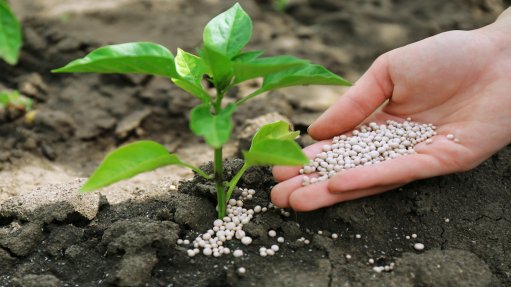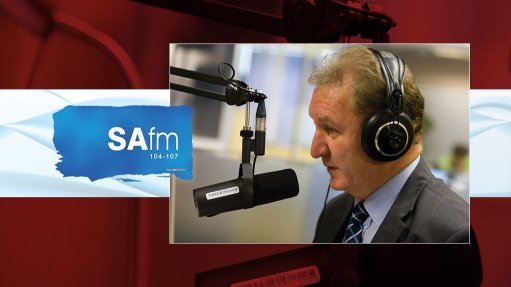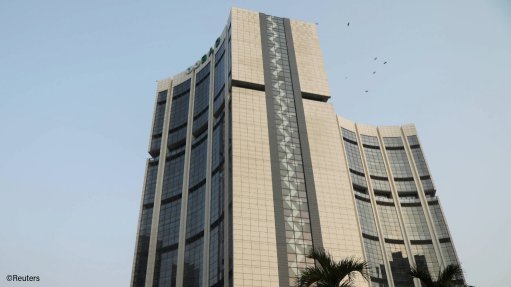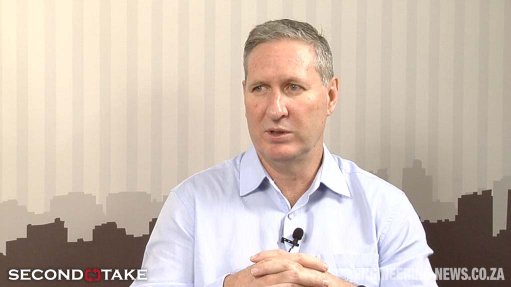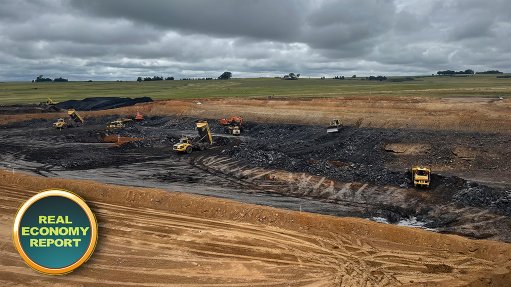Biofibre project to enhance competitiveness

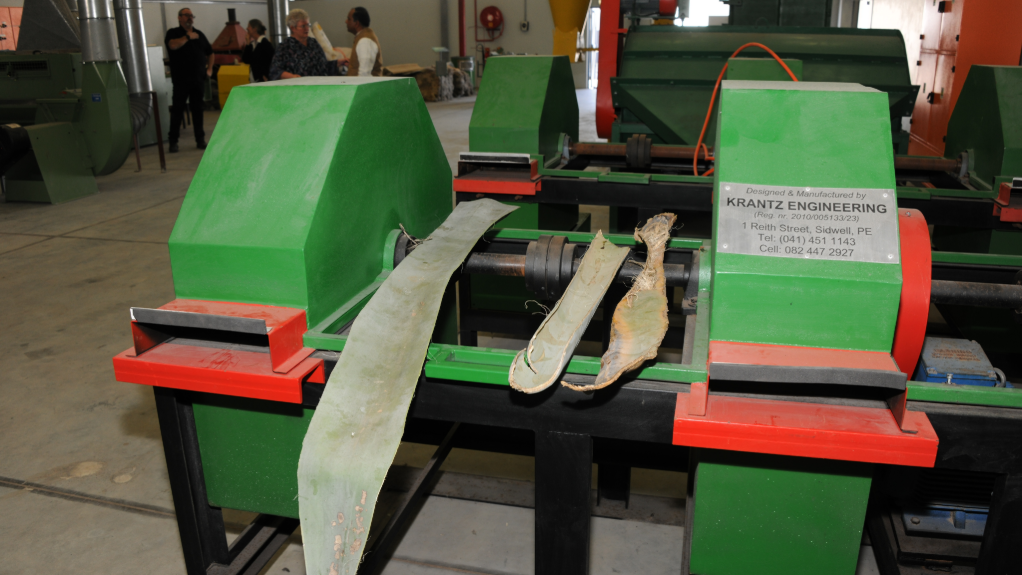
MANUFACTURING POTENTIAL The Biofibre Hub Project seeks to harness the potential of plant-based fibres, particularly bast and leaf fibres, to innovate in the automotive sector and beyond
Government economic programme Coega Development Corporation, in partnership with national research organisation Council for Scientific and Industrial Research (CSIR) have embarked on an initiative known as the Biofibre Hub Project.
Positioned within the 9 003 ha Coega Special Economic Zone (SEZ), this project seeks to harness the potential of plant-based fibres, particularly, to innovate in the automotive sector and beyond.
The ultimate goal is to enhance South Africa’s global competitiveness in manufacturing, advance sustainable job creation in rural areas, and spearhead the green transformation of industrial value chains, says Coega capital raising unit head Meike Wetsch.
Bast fibres, such as flax, hemp and kenaf, are targeted for their potential in producing automotive components, she says, adding that these fibres offer mechanical strengths comparable to materials like carbon fibre, but are lighter and more environment-friendly.
Leaf fibres, which are derived from pineapples and cactus plants, are being developed into a plant-based leather alternative for use in luxury automobiles.
Given that the automotive industry is progressively adopting green manufacturing processes in response to consumer preferences, regulatory pressures, and environmental considerations, Wetsch says that manufacturers, including Mercedes-Benz and BMW, have explored the use of biofibre materials, signalling a shift towards sustainable production.
However, the challenge is to develop biopolymers and bonding matrices that match the performance of petrochemical-based alternatives, while maintaining environmental integrity.
To address these challenges, the Biofibre Hub Project focuses on testing business models, derisking technology, achieving market acceptance, and attaining certifications essential for industrial market entry.
Wetsch explains that a crucial aspect of this endeavour is the development of a functional plant leather that rivals the quality, durability and performance of Nappa leather, while remaining fully sustainable.
“The Biofibre Hub Project represents a ... step towards integrating sustainability with industrial innovation. Our work is not just about creating alternative materials; it’s about rethinking how we manufacture, reducing our environmental footprint and [meaningfully] contributing to the economy,” she states.
The project’s business model emphasises innovation, strategic control of the biofibre value chain in select areas, and operational efficiency to maximise value and impact.
Strategic focus areas include research and development, manufacturing of intermediate inputs and strategic equity placement.
This model targets attractive markets, ensures product quality, optimises scale, and fosters relationships with to improve commercial efficiency and technological innovation.
The Biofibre Hub leverages the CSIR’s extensive capabilities and reputation, Wetsch says, noting that the project is uniquely positioned to commercialise and industrialise sustainable materials.
“The Coega SEZ provides an optimal environment for incubating such innovations,” Wetsch says.
She adds that through strategic partnerships and leveraging the CSIR’s innovation capabilities, the Biofibre Hub Project is not only tackling environmental challenges but also creating economic opportunities.
“This project is a testament to what can be achieved when science and industry collaborate towards a common goal,” she avers.
Key to the project’s strategy is vertical integration and full traceability, ensuring efficiency, quality assurance, and the ability to respond swiftly to market demands.
Partnerships with industry leaders, including an established Italian partner, offer direct access to global markets and technologies, significantly derisking the process.
By successfully industrialising biofibre products, the Biofibre Hub Project stands to significantly impact South Africa’s economy, Wetsch notes, adding that increased localisation of automotive components, access to global value chains, and stimulation of the domestic chemical and textile sectors are among the anticipated outcomes.
Further, the project promises considerable export earnings and cost savings in the automotive sector.
As the project moves through its pre-commercialisation phase, securing offtake agreements will be a critical indicator of its potential for success and scalability.
Achieving market acceptance will enable the attraction of capital necessary for expanding operations, says Wetsch, who adds that the project represents a model for sustainability in manufacturing.
“By combining the strengths of the CSIR and Coega, it sets a blueprint ... to elevate the country’s manufacturing sector ... and contribute to economic development,” Wetsch concludes.
Comments
Press Office
Announcements
What's On
Subscribe to improve your user experience...
Option 1 (equivalent of R125 a month):
Receive a weekly copy of Creamer Media's Engineering News & Mining Weekly magazine
(print copy for those in South Africa and e-magazine for those outside of South Africa)
Receive daily email newsletters
Access to full search results
Access archive of magazine back copies
Access to Projects in Progress
Access to ONE Research Report of your choice in PDF format
Option 2 (equivalent of R375 a month):
All benefits from Option 1
PLUS
Access to Creamer Media's Research Channel Africa for ALL Research Reports, in PDF format, on various industrial and mining sectors
including Electricity; Water; Energy Transition; Hydrogen; Roads, Rail and Ports; Coal; Gold; Platinum; Battery Metals; etc.
Already a subscriber?
Forgotten your password?
Receive weekly copy of Creamer Media's Engineering News & Mining Weekly magazine (print copy for those in South Africa and e-magazine for those outside of South Africa)
➕
Recieve daily email newsletters
➕
Access to full search results
➕
Access archive of magazine back copies
➕
Access to Projects in Progress
➕
Access to ONE Research Report of your choice in PDF format
RESEARCH CHANNEL AFRICA
R4500 (equivalent of R375 a month)
SUBSCRIBEAll benefits from Option 1
➕
Access to Creamer Media's Research Channel Africa for ALL Research Reports on various industrial and mining sectors, in PDF format, including on:
Electricity
➕
Water
➕
Energy Transition
➕
Hydrogen
➕
Roads, Rail and Ports
➕
Coal
➕
Gold
➕
Platinum
➕
Battery Metals
➕
etc.
Receive all benefits from Option 1 or Option 2 delivered to numerous people at your company
➕
Multiple User names and Passwords for simultaneous log-ins
➕
Intranet integration access to all in your organisation







